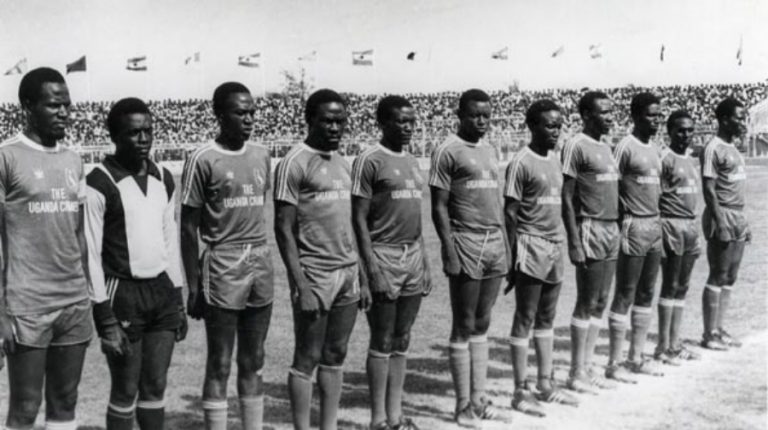It’s less than a month to biggest football showpiece in Africa, the 2019 Africa Cup of Nations and we take a look at the history of the competition.
The Africa Cup of Nations (AFCON) is the main international association football competition in Africa which is sanctioned by the Confederation of African Football (CAF) and was first held in 1957.
Since 1968, it has been held every two years. The winners take part in the FIFA Confederations Cup.
The origin of the African Nations Cup dates from June 1956, when the creation of the Confederation of African Football was proposed during the third FIFA congress in Lisbon.
There were immediate plans for a continental tournament to be held and, in February 1957, the first African Cup of Nations was held in Khartoum, Sudan.
There was no qualification for this tournament, the field being made up of the four founding nations of CAF (Egypt, Sudan, Ethiopia, and South Africa). South Africa’s insistence on selecting only white players for their squad due to its apartheid policy led to its disqualification, and as a consequence Ethiopia were handed a bye straight to the final.
Hence, only two matches were played, with Egypt being crowned as the first continental champion after defeating hosts Sudan in the semi-final and Ethiopia in the final.
Two years later Egypt hosted the second AFCON in Cairo with the participation of the same three teams. Host and defending champions Egypt again won, after defeating Sudan.
The field grew to include nine teams for the third AFCON in 1962 in Addis Ababa, and for the first time there was a qualification round to determine which four teams would play for the title.
Host Ethiopia and reigning champion Egypt received automatic berths, and were joined in the final four by Nigeria and Tunisia. Egypt made its third consecutive final appearance, but it was Ethiopia that emerged as victors, after first beating Tunisia and then downing Egypt in extra time.
The 20th edition of the Africa Cup of Nations, in 1996 expanded for the first time to sixteen teams. However, Nigeria withdrew from the tournament at the final moment under pressure from then-dictator Sani Abacha, reducing the field to fifteen.
In July 2017, CAF confirmed that the Africa Cup of Nations will be expanded from 16 teams to 24 starting with the 2019 edition.
Three different trophies have been awarded during the tournament’s history, with Ghana and Cameroon winning the first two versions to keep after each of them won a tournament three times. The current trophy was first awarded in 2002 and with Egypt winning it indefinitely after winning their unprecedented third consecutive title in 2010.
Egypt set a new record in the 2010 tournament that was hosted by Angola by winning their third consecutive title in an unprecedented achievement on the African level after defeating Ghana 1–0 in the final, retaining the gold-plated cup indefinitely and extending their record to 7 continental titles (including when Egypt was known as UAR between 1958 and 1961.
Egypt became the first African nation to win three consecutive cups and joined Mexico, Argentina, and Iran who also won their continent cup 3 times in a row.
On 31 January 2010, Egypt set a new African record, not being defeated for 19 consecutive Cup of Nations matches, since a 2–1 loss against Algeria in Tunisia in 2004, and a record 9 consecutive win streak.
In May 2010, it was announced that the tournament would be moved to odd-numbered years from 2013 in order to prevent the tournament from taking place in the same year as the World Cup. It also meant there were two tournaments within twelve months in January 2012 (co-hosted by Gabon and Equatorial Guinea) and January 2013 (hosted by South Africa)








